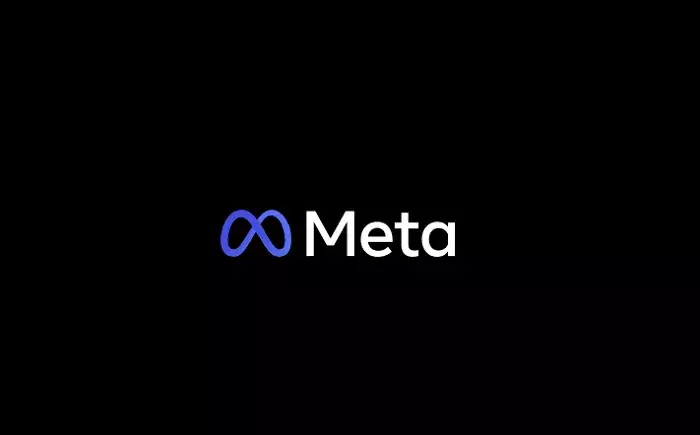The recent lawsuit dropped by Meta against a company that was found to be scraping Facebook and Instagram user data has shed light on the murky rules surrounding data scraping and the legal and illegal use of personal information within social apps. While the company wasn’t technically stealing data, but rather collecting publicly accessible information from user profiles, the judge’s ruling in favor of the scraping activity raised questions about the boundaries of what is permissible in the digital age.
The case involving Meta and Bright Data is not the first of its kind. LinkedIn also had a similar legal battle with hiQ Labs over the use of member data for building its own employee information service. The back-and-forth legal proceedings in that case highlighted the multiple legal interpretations at play when it comes to data scraping and the use of publicly available data. While hiQ Labs initially won some rulings, LinkedIn’s persistence ultimately led to a victory that prevented hiQ Labs from continuing its scraping activities.
The lack of a firmly established legal precedent for online data scraping has significant implications for data privacy and platform regulations. The rise of social media platforms has led to a shift in how personal information is shared online, and current laws may not adequately address the potential misuse of such data. As a response to these concerns, platforms may choose to restrict access to certain information by placing it behind login walls, which can limit discoverability and referral traffic.
In light of the legal uncertainties surrounding data scraping, social apps are increasingly looking to tighten their security measures and limit non-logged-in access. Generative AI scraping poses an additional challenge, prompting platforms to update their systems to protect user data from unauthorized extraction. However, these measures may also hinder user growth by restricting access to content for new users who are considering signing up.
Need for Legal Clarity
The ongoing legal battles involving Meta and other companies scraping data for various purposes underscore the need for more clarity on what constitutes misuse of personal data in a social media context. While Meta’s pursuit of legal action against companies scraping Facebook data may shed light on the legal requirements in this area, there is still a lack of comprehensive rules governing data scraping practices.
Future Implications
The outcome of these legal battles could have far-reaching implications for data privacy and the regulation of data scraping activities. A loss in another data scraping case could potentially open the floodgates for third parties to freely access and use personal data without consent. As the legal landscape continues to evolve, it is crucial for clear guidelines to be established to protect user privacy and prevent the misuse of personal information in the digital age.
The legalities of data scraping in the age of social media remain a contentious and complex issue. With ongoing legal battles and evolving regulations, it is imperative for companies and users alike to stay informed about the rights and obligations surrounding data scraping activities. Only through clear legal frameworks and ethical practices can the balance between data accessibility and privacy be maintained in the ever-changing digital landscape.


Leave a Reply